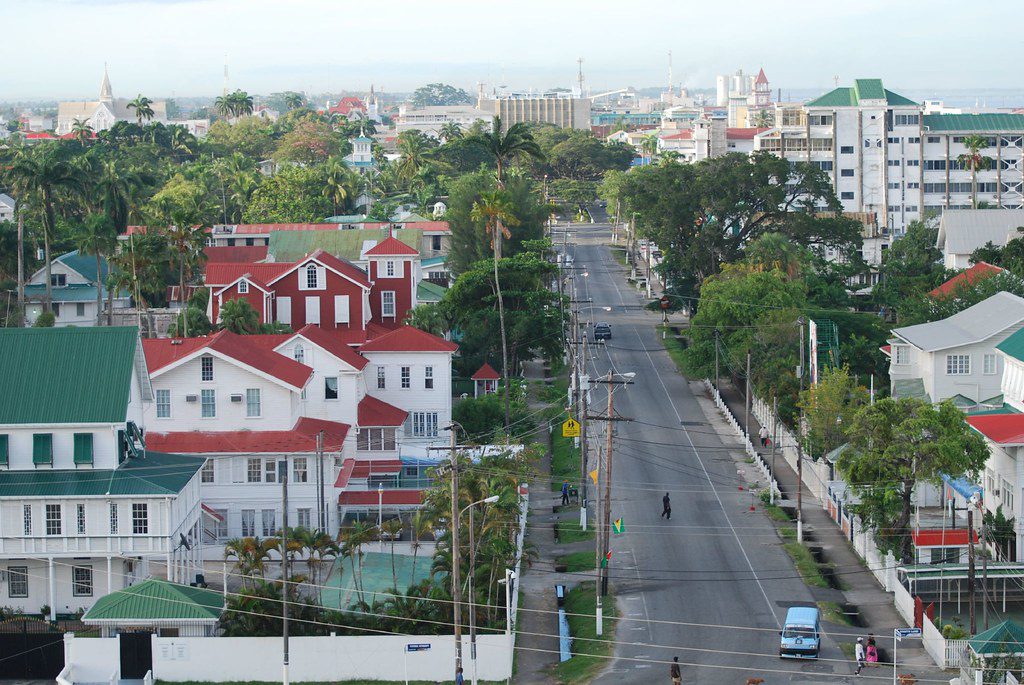The Inter-American Development Bank’s (IDB) latest review of Guyana’s affairs shows that the nation’s non-oil economy is projected to have “better-than-expected” growth for 2022. In its quarterly report published Tuesday, the IDB said the country’s non-oil sector is estimated to achieve 9.6% growth compared to the 7.7% projected in the 2022 budget.
The main drivers of this growth include agriculture, services, and construction, which are projected to grow by 11.9%, 6.3%, and 19%, respectively.
The IDB said these sectors showed dynamic growth in their mid-year results. In contrast, the financial institution said gold production and the manufacturing sector contracted in the first half of 2022, leading to a downward revision of growth estimates for the year for those sectors to 7.4% and 7.5% respectively.
Guyana enters top 100 per capita economies | OilNOW
It was also keen to note that Guyana’s Gross Domestic Product (GDP) growth is expected to significantly expand in 2022. In fact, the GDP growth rate in 2021 was 20.1%, but the economy is now expected to expand by 56% in 2022 on the back of increased oil production, as the Liza 2 field came online in February last.
The IDB also noted that the oil sector is expected to expand by 113% in 2022, accounting for approximately 90% of GDP growth this year.
The International Financial Institution noted the country’s use of its oil revenues to launch several policy responses to address some of the challenges facing its people. In this regard, it highlighted that the excise tax on petroleum was reduced from 20% to 10% in January, then reduced further to zero in March.
The bank said tariffs on public utility services such as water and electricity have remained fixed, with the government absorbing higher operating costs.
Guyana’s oil earnings per capita by 2025 could exceed Qatar, Kuwait and Norway – Expert | OilNOW
In addition, US$4.8 million was allocated for the purchase and distribution of fertiliser for farmers to reduce operating costs, and US$3.8 million was distributed in the form of one-time cash grants for households in the rural interior and riverain communities (US$120 per household).
The IDB said too that the government’s public assistance payments for vulnerable populations were increased from US$57 to US$67 per person per month, benefitting approximately 18,000 people. These payments were later expanded to provide lifelong support for people with permanent disabilities. Finally, the Old Age Pension, which benefits approximately 65,000 senior citizens, saw a series of increases that brought it from a monthly payment of US$98 in 2020 to US$134 in 2022.



